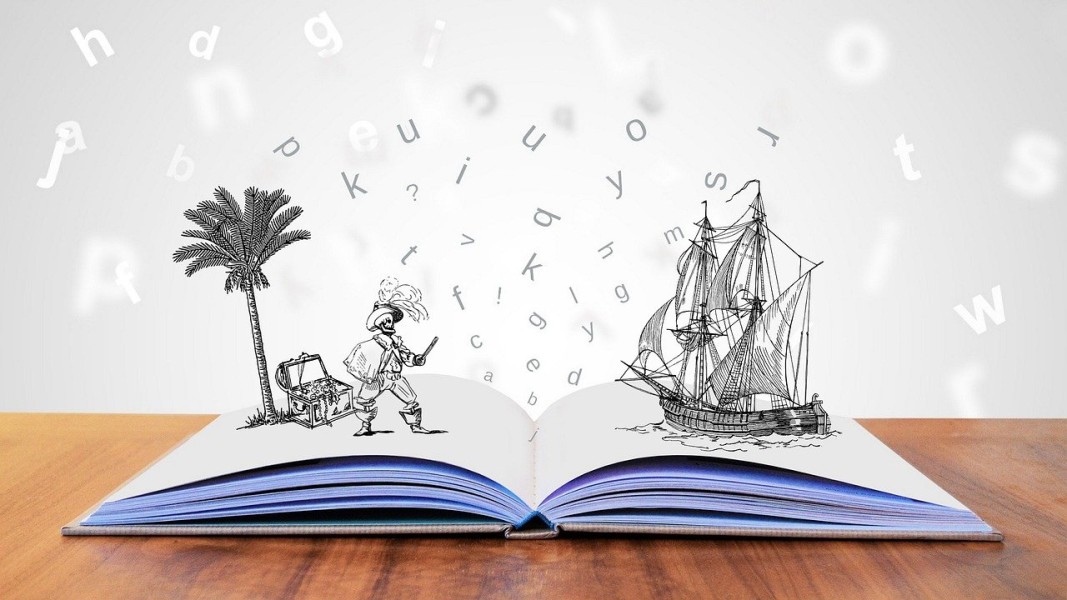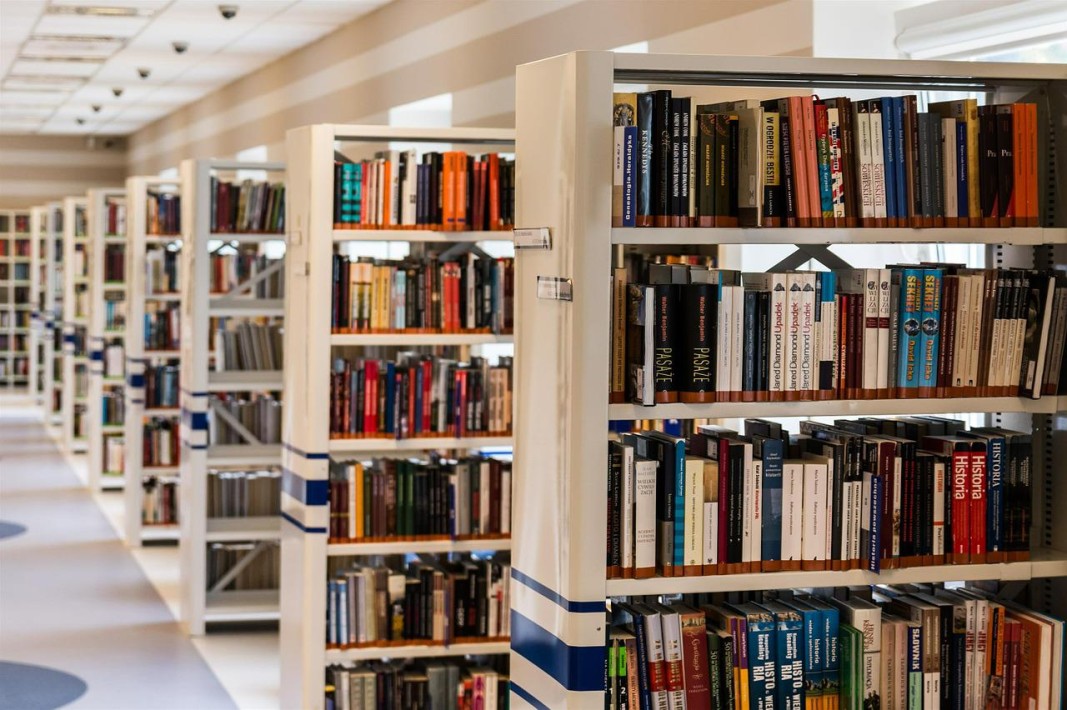One in five Bulgarians has not read a single book in the past year, indicates a national survey on reading attitudes among Bulgarian citizens of different age groups conducted by the Bulgarian Book Association. One more worrying fact is that many of the respondents do not have a single book at home. The survey shows that people aged 40 to 65 are the most active readers, and that interest in reading is lowest with people in the 15 to 30 age bracket, a tendency registered by the previous survey by the Association conducted in 2019 as well. Experts say the reason should be sought in a heightened interest in watching TV shows and googling all kinds of non-fiction information.

“It is a world tendency. In Germany, for example, in 2017 it was established that reading was going down, though for people of the 44 to 54 age bracket. And the reason for this is that in Germany, a nation with some of the highest reading levels in the world, there is a very solid state policy to encourage reading among the young,” Desislava Alexieva, President of the Bulgarian Book Association explains. “The conclusion we can draw from the survey is that if we do not take steps for the long term, Bulgarians risk becoming a non-reading nation permanently. We believe action must be taken to reverse the negative tendencies. Modern technologies are not our enemy, they are not going to go away. I do not believe we should perceive reading and modern technologies as some kind of rivalry because books give us something that is very different. It is beyond any doubt that reading nations are much more prosperous economically. There is a report from last year which says that if negative reading tendencies are changed, if literacy of the population in Bulgaria is boosted, then the country’s GDP could quadruple. That means that by investing in reading, in literacy we are investing in the future.”

In recent years we have seen a surge in the sales of children’s literature, which leads to an optimistic result - that 83% of the respondents who are parents say they read to their children.

“To read books you need to have had someone to encourage you to do so from a very early age. A role model,” a young man from Vidin says in BNR-Vidin’s vox-pop.
“I think that the desire to be educated has waned overall,” an older man says. “Young people read less because they are constantly online. People who are older read more books. I myself buy books, and I prefer new authors – they have a more modern kind of thinking and I find that more interesting.”

The high prices of books in Bulgaria prompt many people to go back to public libraries, says Petar Petrov who works at the Hristo Botev regional library in Vratsa. His greatest pleasure, he adds, is to be able to offer readers the title they are looking for, especially if it is something classic or an award-wining book from countries not well known in terms of literature, and rarely translated like Serbia or Greece. But that is the most difficult thing, he admits, because “funding is scarce, we cannot afford to buy new books, and there are many books we do not have at the library.”
“Interest is highest at the moment in biographies and autobiographies, most of all of famous Bulgarians. Readers also have a taste for Bulgarian writers, whose books are well worth reading – Georgi Bardarov, Georgi Gospodinov, Milen Ruskov, Maria Laleva. Teenagers are interested mostly in world fantasy,” Petar Petrov says.

His work has lead him to conclude that reading is becoming an elitist pastime in this country, especially among the young.“The few children who are open to the world do read, the rest are going to acquire random bits of knowledge from social media and the internet,” the librarian says.
Interviews by Plamen Kotsev, BNR-Vidin
Text Vessela Krasteva
Photos: PixabayThe 14th edition of DiVino.Taste, Bulgaria’s leading forum for wines and winemakers, will take place from 28 to 30 November at the Inter Expo Centre in Sofia. Over 80 producers from all wine regions will participate, offering tastings of around 600 of the..
Minutes before the second and final reading, at the parliamentary budget and finance committee, of the state budget for 2026, the leader of the biggest party represented in parliament GERB Boyko Borissov halted the procedure and sent the draft bill..
Despite being in Bulgaria’s poorest region, the North-West, Vratsa Province ranks among the top three in the country for economic development. According to 2023 data from the National Statistical Institute (NSI), it shares third place with Varna on the..
Despite being in Bulgaria’s poorest region, the North-West, Vratsa Province ranks among the top three in the country for economic development. According..
Bulgarian artists will take part in the festive Christmas concert in Stockholm , organised with the European Commission's representation and embassies ,..
Minutes before the second and final reading, at the parliamentary budget and finance committee, of the state budget for 2026, the leader of the biggest..

+359 2 9336 661
